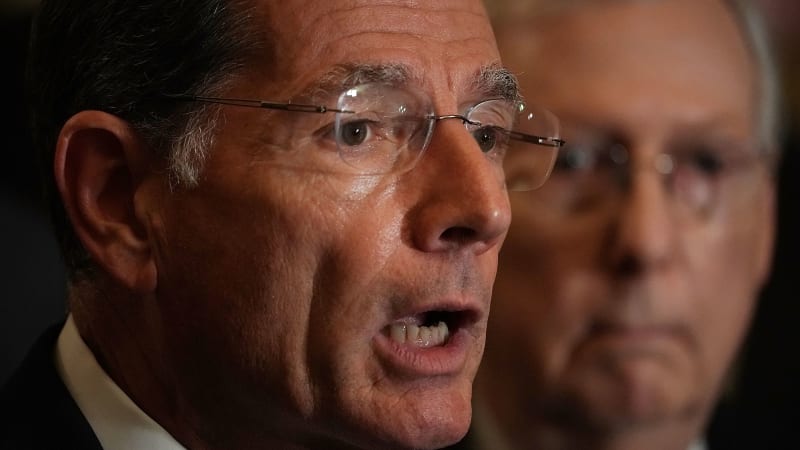Audi Repair Shop Doylestown
Call 267 279 9477 to schedule a appointment

Earlier this week,
Tesla told potential customers
to strike while the iron is hot, so to speak, as the end of the company’s $7,500 tax credit looms.
is the first automaker to deliver 200,000
under the federal tax incentive. Other automakers are creeping closer to that number, at which point the credits begin to step down into oblivion. One Congressman, though — Republican Senator John Barrasso of Wyoming — wants to kill off the incentives altogether, regardless of the number sold. Furthermore, as Barrasso outlined in an op-ed for
, he wants “the Trump administration to create an annual highway user fee for
vehicles.”
With
, Senator Barrasso, who is also chairman of the Senate Environment and Public Works Committee, said he wants to take taxpayers “off the hook” for these incentives, arguing that “foundation for automakers to create a sustainable electric-vehicle market exists” and that “removing the federal subsidy won’t collapse the electric-vehicle market.” The legislation he is introducing to kill the credit would save taxpayers $20 billion, he claims.
Barrasso, whose campaigns have raised over $664,000 from the oil and gas industry since 2013 according to campaign contribution tracker
, wants to impose a fee from drivers of alternative fuel vehicles to help raise money for the Highway Trust Fund, which is currently funded by taxes at the pump. He is against raising the gas tax, something he feels would burden lower-income families disproportionately.
Barrasso also wrote, “The
U.S. Energy Information Administration
projects 4 million light-duty electric vehicles will be on the road in 2025. If that holds true, this change will generate several billion dollars for the Highway Trust Fund over the next decade.”
It’s a tricky issue, to be sure. Electric vehicles do put a strain on our infrastructure — no more than any other vehicle — though they put less of a burden on our environment. It will be a relief when subsidies expire, the used
market grows and
adjusts, and automakers find more ways to cut costs on production. Pulling the rug out from under the federal credit program would be especially burdensome to companies who are earlier in their process of developing and selling EVs. It wouldn’t help any potential customers, including low-income buyers, afford EVs, either. It would almost certainly mean that the number of electric vehicles on the road in 2025 would be less than currently projected. As a result, so would Barrasso’s projected funds from taxing those EVs.
Is the system currently in place ideal? No, but neither is the idea of an oil croney making the decision to pull the plug. There’s already a finish line for the subsidies in sight. To erase it now would mean picking winners and losers halfway through the race. If the goal is to be fair, this doesn’t get the job done.
Related Video:
from Autoblog https://ift.tt/2ybG9G0
